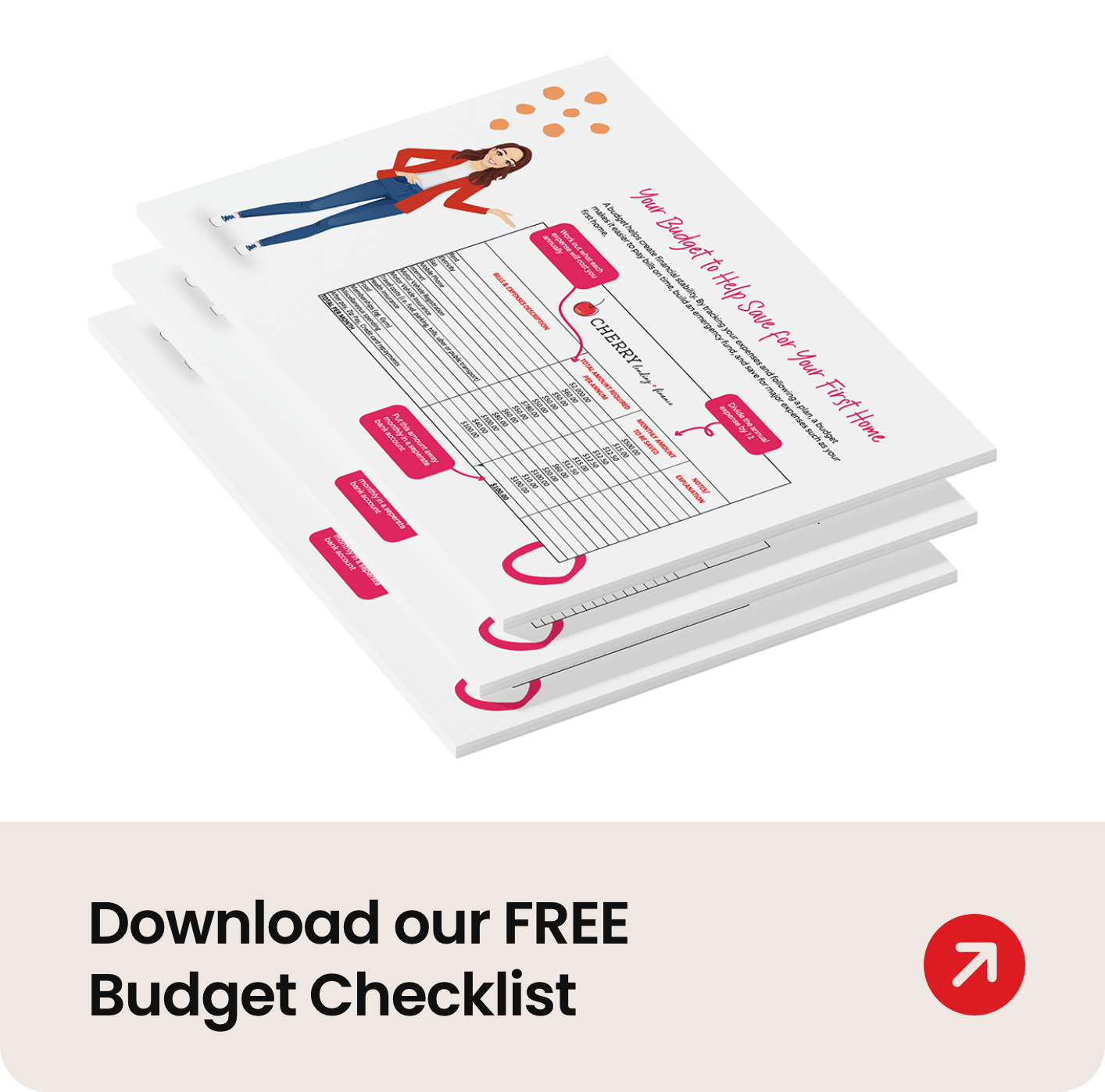Paying off a mortgage takes time. Even though it can feel like it will last forever, there are ways to pay it off faster.
#1. What loan product do you have?
The type of loan product you choose may restrict you from paying off your mortgage quickly. Fixed loan versus variable loan:
- When you have a variable home loan, you’re free to make extra payments or pay off the loan entirely at any time, without facing any penalties.
- With a fixed rate home loan, there are limitations. You typically can’t make additional repayments beyond a set maximum amount per year or during the fixed rate period. Going over this limit might result in a fee. Additionally, you usually can’t access any redraw funds you’ve accumulated until the fixed rate period ends.
Basic loan product versus a standard loan product (or packaged loan product)
- A basic loan is just that – basic. It doesn’t include any extras like an offset account.
- On the other hand, a standard or packaged loan often comes with an annual fee and typically carries a higher interest rate in most cases.
Speak to your broker about the type of loan product you have and what you can do to pay off your mortgage quicker.
#2. Consider the interest
Here are some tips to reduce the interest you pay on your loan:
- Choose weekly repayments instead of fortnightly or monthly whenever possible. More frequent payments help lower the interest charged because they impact the loan balance more often.
- Consider making additional repayments whenever you can. For instance, let’s take a $500,000 loan over 30 years at a 6% interest rate. If you add an extra $50 per week to your regular payment, you could potentially save up to $110,219 in interest over the 30-year period and shorten your loan term by 4 years and 45 weeks.
#3. Do you need all your accounts?
Consider simplifying your banking setup. Instead of juggling multiple transactional and savings accounts, you can streamline by using just one account and keeping your savings in a ‘redraw’ facility. This arrangement offsets your loan balance, reducing the interest you pay. When needed, transfer funds for your weekly, fortnightly, or monthly expenses into your transactional account for bills and spending. It’s worth noting that savings accounts typically offer lower interest rates compared to your home loan, so consolidating your savings into the redraw can yield greater benefits. Additionally, this approach might even help you save on taxes, as you’re usually taxed on the interest you earn from savings accounts (consult your accountant for specific advice on this).
#4. Offset vs Redraw
An offset account and a redraw facility work in a similar way: they both use the money you have in them to reduce your loan balance and, as a result, the interest you have to pay. However, it’s important to recognise that there are some distinctions between these two options that are worth understanding.
- An offset account is often linked to a ‘standard’ loan product, which may have an annual fee and possibly a higher interest rate. Placing all your funds in an offset account makes them more readily available for spending over time as an offset account is a transactional account, unlike a redraw facility whereby you have to, in most instances, transfer the funds out of the facility into an everyday account.
- You depend on the lender to correctly link your offset account to ensure it effectively offsets your loan balance.
- To make an offset facility worthwhile, you generally need a substantial amount, typically at least $10,000 to $20,000, which many people may not have available.
#5 Implement a budget
Having a budget can help you pay off your mortgage faster as it makes you accountable for where your money is going. If you already have one, ask yourself: Are you using it, and when did you last review it? If you don’t have a budget, it’s time to create one. When making your budget, go through your expenses to figure out what’s necessary and what’s optional. Are there any areas where you can cut back so you can put more money toward your home loan and pay it off sooner? This can be tough because it might mean giving up things you love, but you have to decide whether you want to pay off your loan faster or spend money on things you don’t really need. You might be surprised by how much you’re spending on unnecessary things. In conclusion, there are lots of ways to help you pay off your mortgage. Having a plan in place, and constantly reviewing that plan every few months will help you become debt-free sooner than you think!


